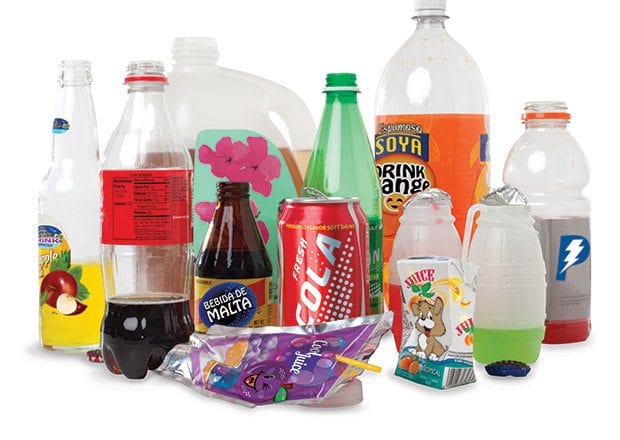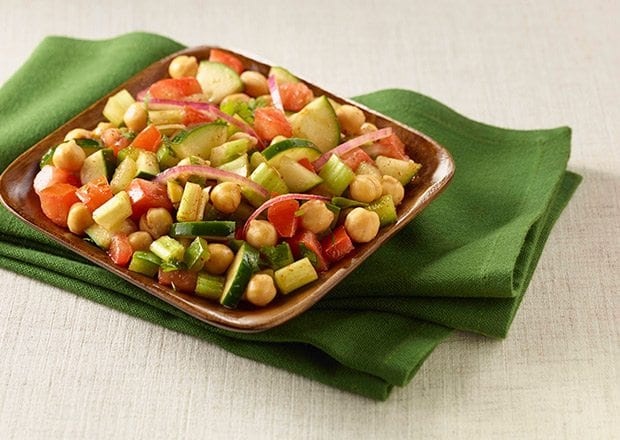
Although there is no longer any such thing as a “diabetes diet,” people with diabetes must still keep an eye on their consumption of carbohydrates. It’s those carbs that are broken down into glucose. As a rule of thumb, Constance Brown-Riggs, a dietitian and certified diabetes educator, recommends 45 carbs a meal for women and 60 carbs a meal for men.
The problem is that when people think of carbs, bread, pasta and cookies readily come to mind. Oranges and green beans do not.
There are three types of carbohydrates. Below is a listing of the types and examples of each.
Go lean on fats
It’s important to know the difference between fats as well as carbohydrates. Saturated fats and trans fats increase cholesterol, which increases the risk of heart disease, high blood pressure and stroke. People with diabetes have a higher than average risk of having a heart attack or stroke. These conditions strike people with diabetes more than twice as often as people without diabetes.
Healthy fats — monounsaturated and polyunsaturated fats — on the other hand, improves blood cholesterol levels, which can decrease the risk of heart disease and type 2 diabetes.
The American Heart Association suggests the following daily limitations of fats:
- Total fat — 25 to 35 percent of total calories
- Saturated fat — Less than 7 percent of total calories
- Trans fat — No more than 1 percent of total calories
- Cholesterol — Less than 200 milligrams






